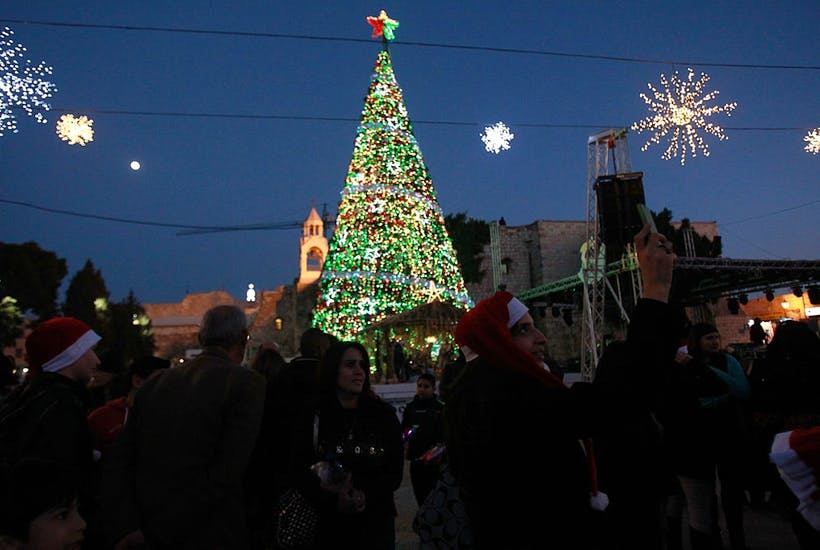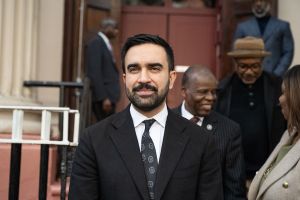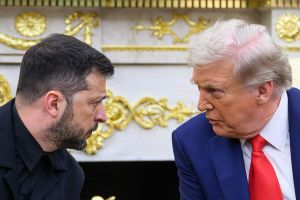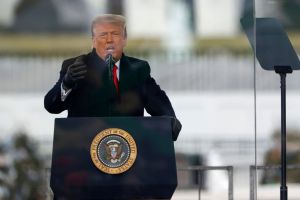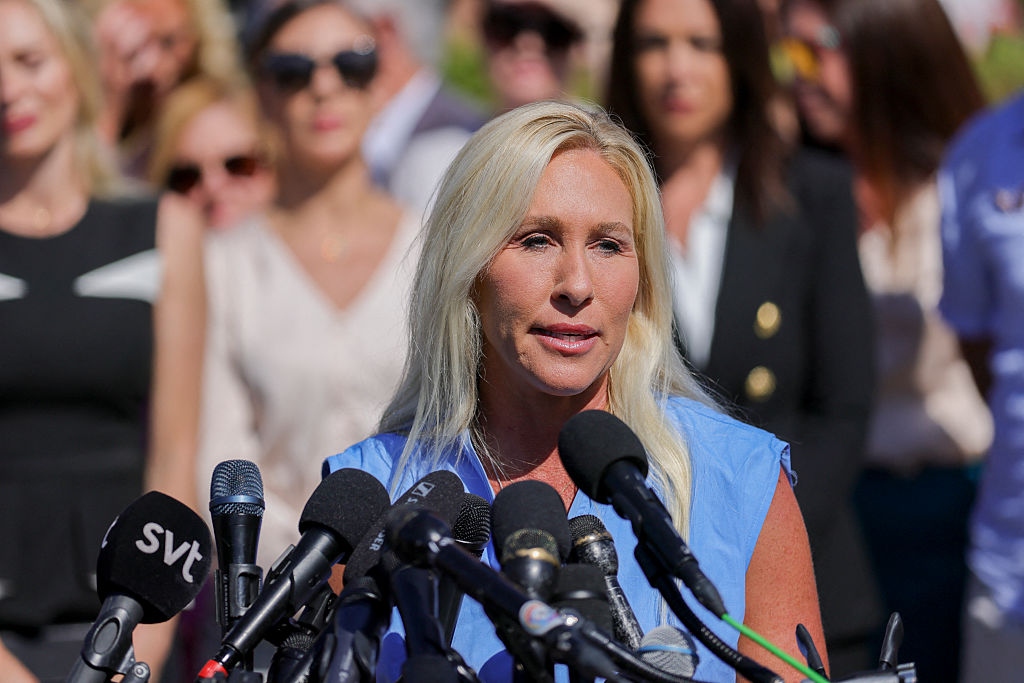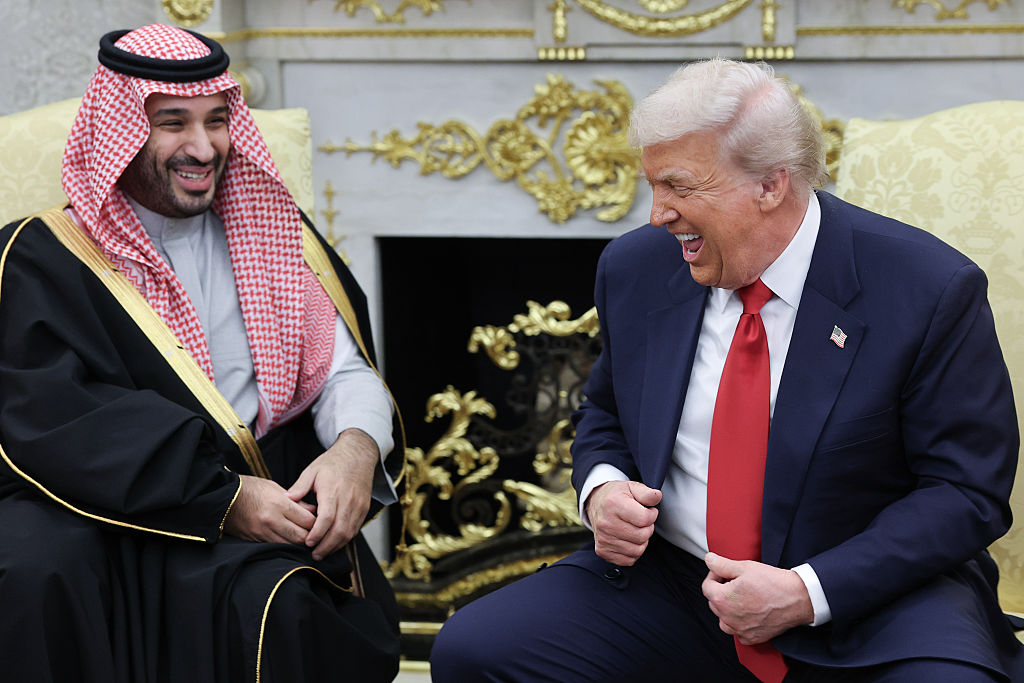Christmas in Jerusalem, Bethlehem and Nazareth has, once again, been overshadowed by politics. The latest controversy surrounds Donald Trump’s decision to recognise Jerusalem as the capital of Israel. The mayors of Bethlehem and Nazareth responded to Trump by toning down Christmas celebrations in a show of solidarity. Outside Bethlehem’s Church of the Nativity, the lights on the giant municipal Christmas tree were briefly dimmed in the run-up to Christmas in protest. In Nazareth, a traditional Christmas singing and dancing event was called off as a result of Trump’s remarks.
In Jerusalem, the celebrations are also muted. There is little sign of Christmas events in the historic Old City, where Christ once walked the streets. This year, with the exception of some diminutive plastic Christmas trees on display, there seems to be a dearth of cheer in the city. The same is true in Ramallah, where most Palestinian government offices are located. A few token red stars and plastic half-wreaths are tied to lampposts. But these aside, you would struggle to know that it is Christmas in the Holy Land.
Of course, the lack of festive cheer and modest Christmas spirit isn’t all about Trump. Ramallah used to be a Christian town in the 1940s; now it is a large bustling city and the majority of residents (as in Bethlehem) are Muslim; Jerusalem is just two per cent Christian. Yet even taking into account demographics, it is difficult not to notice that things are more sombre than usual. Many local Christians say this is due to the sense of grievance and anger at Trump’s Jerusalem decision, and a desire to show solidarity with other Palestinians as a result.
King Abdullah of Jordan, whose monarchy traditionally serves as a custodian of the holy places in Jerusalem, has played a key role in uniting representatives of local churches in opposition to Trump’s announcement. At a meeting in Jordan this week, Orthodox, Catholic and Protestant church leaders gathered to reject the declaration of Jerusalem as the Israeli capital, describing it as an ‘illegal step that undermines peace and violates the teachings of Christianity’. Catholic Archbishop Pierbattista Pizzaballa, who was among those attending, said that even ‘when we celebrate Christmas in Bethlehem, we cannot but see Jerusalem and its difficulties’.
This seems to ring true for Bethlehem’s mayor, Anton Salman, who has previously accused Christians in the United States of endorsing policies of the Israeli government that, he said, are ‘strangling Jesus’ birthplace’. This division between how local Christians see Israel and how some Christians abroad, particularly pro-Israel churches in America, think about the ongoing conflict has become a contentious issue.
In the wake of the backlash at Trump’s announcement, the US vice president Mike Pence has now postponed a trip to Jerusalem until January. Widespread protests were scheduled to greet any visit he made to Bethlehem, and local church leaders, including Egypt’s Coptic pope, had already cancelled meetings with him. While Trump’s controversial announcement may have gone down well with some evangelical Christians in the United States, who point to a verse in Genesis to justify their staunch backing of Israel (‘I will bless those who bless you, and whoever curses you I will curse; and all peoples on earth will be blessed through you’), it is clear that among Christians in the Holy Land, Trump’s decision is far from popular. This year’s Christmas celebrations, at least in the Holy Land, will be even quieter as a result.



